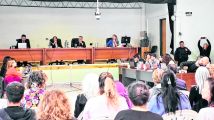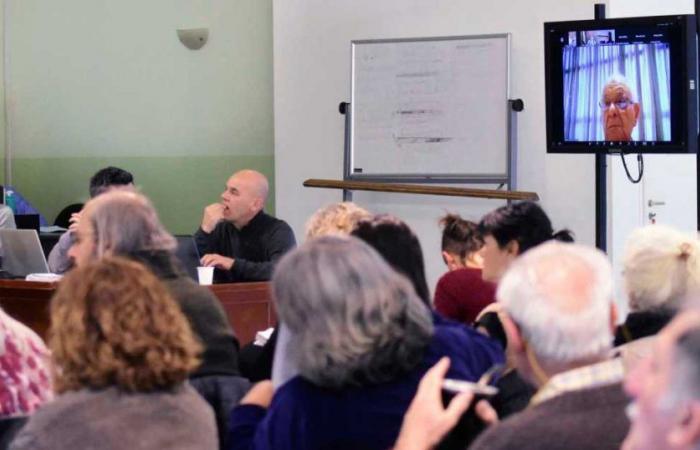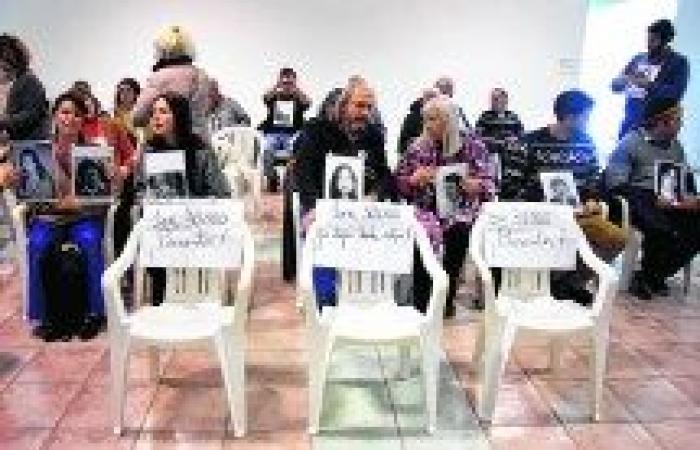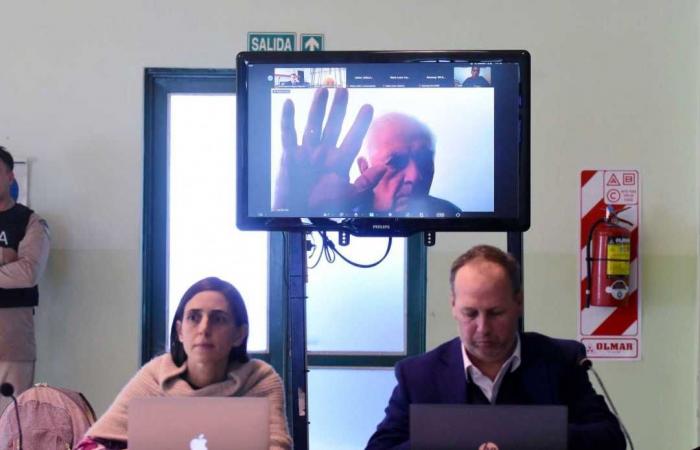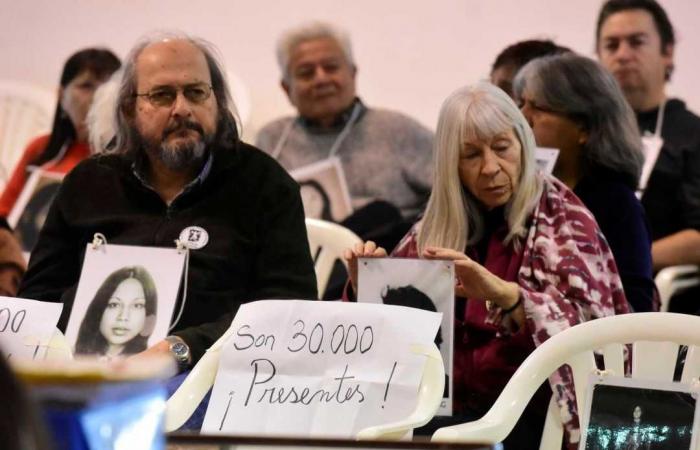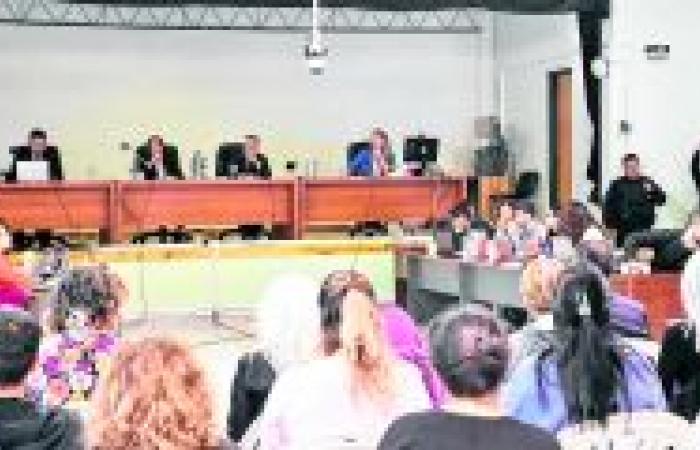For the APDH, the first part of the investigation of former federal judge Pedro Duarte, was a delay. “We will see what he has to say when he comes to explain his actions since August 1976, when he was appointed judge,” said the president of the Neuquén Assembly for Human Rights (APDH), Walter Pérez.
The public turned out in large numbers at the AMUC courtroom on Thursday afternoon, after several previous events in May and June in which they deliberately left the room empty. They considered that there were no important revelations and only one thing that caught the attention was dispute between magistrates about when the investigation will resume Duarte himself paused.
“Ortiz was an official of the judiciary during the dictatorship, what he said does not make much sense, nor does he have an argument. The same as Duarte,” said Perez in reference to the brief statement by the former federal prosecutor.
The trial will seek to establish the role played by the federal court of Neuquén (in the role of the former judge and the former federal prosecutor) during the disappearances, torture and the operation of the circuit of political persecution since the 1976 coup d’état.
For the APDH as a complainant, it was “a cog in the repressive system, so that it could close the circle. It’s impossible for them not to know,” Pérez explained. For almost two hours, the Former judge Duarte tried to explain that since January 1, 1976 he was no longer linked to the audit (legal advice) of the Command to justify his departure from or participation in the coup procedure in Neuquén.
«Here he is judged for what he did starting in August 1976, when he was a judge. ANDIt is a contradiction that he assumes as a judge and that he expresses so many clarifications that he was not linked to the dictatorship, we believe that he will have us with details and other things that will be a delay, but not“We don’t see anything that adds to the judicial process,” Pérez said.
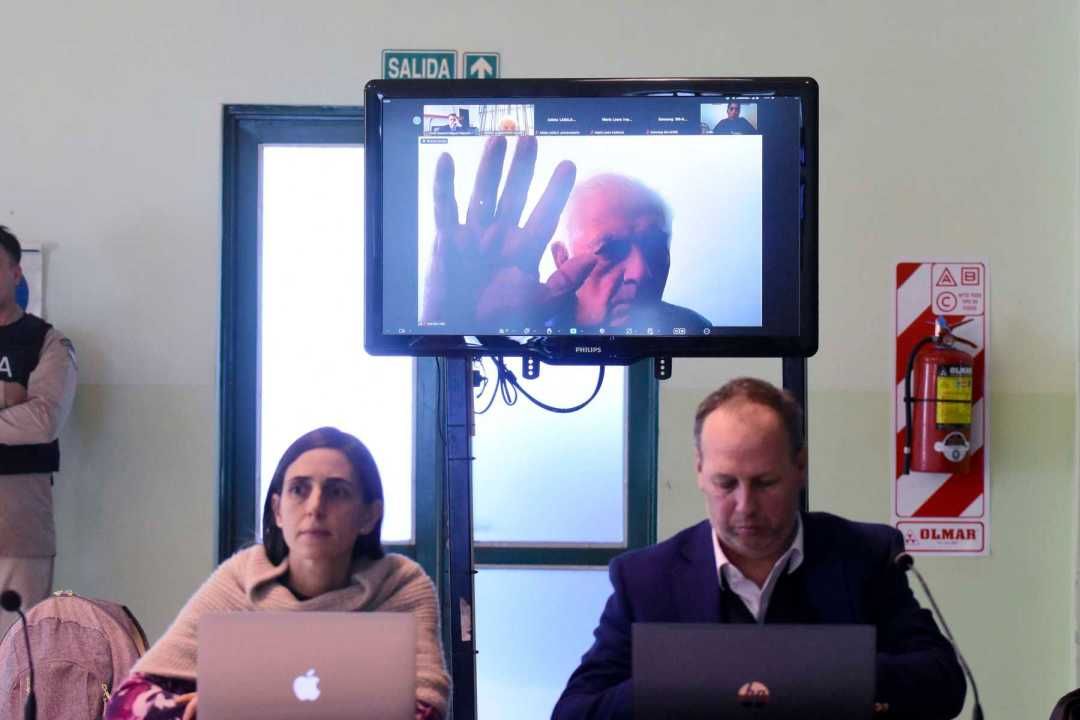
The complainant Marcelo Medrano explained that in the investigations during the investigation “he always analyzed particular cases and focused on dates and formal issues, but not on the knowledge he might have of what was happening during the dictatorship. a formal defense in relation to the files that he processed without explanations regarding the knowledge of generic issues of the performance he gave the judicial power in dictatorship, in his person. “We don’t know how it will continue, whether it will focus on specific cases and whether it will address what was brought as evidence in this trial,” he said.
The The investigation would continue on July 29, although the judge who presided over the debate, Alejandro Silva, explained that he will be subject to what they define with the rest of the court, Judge María Paula Marisi (from the jurisdiction of Mendoza) and Judge Sebastián Foglia (Bahía Blanca).
Although the prosecution’s testimonies ended, former prosecutor Ortiz asked that he appear – again – from witness Onofre Mellado.
The centrality of this testimony is that it placed him in the federal delegation during a torture session. «Ortiz sought to disqualify witnesses and did not speak about the central issue: His statements about lacking links with the Command leadership or with the dictatorship in the region do not make sense.he was the prosecutor, in such a role (with interventions in habeas corpus for disappearances and kidnappings) it makes no sense to say that “he found out” what was happening when democracy returned, Perez closed.
After 7 months of debate, the trial would be ready for arguments as soon as the investigation is completed that the former judge put on hold. They were planned 2 days to exercise his defense and it was unknown if he will request a longer period. Neither of the two former magistrates will accept questions as advanced by the defenses. Both accused They fired the technical defense in the first days of the debate and are defended by the public ministry team.
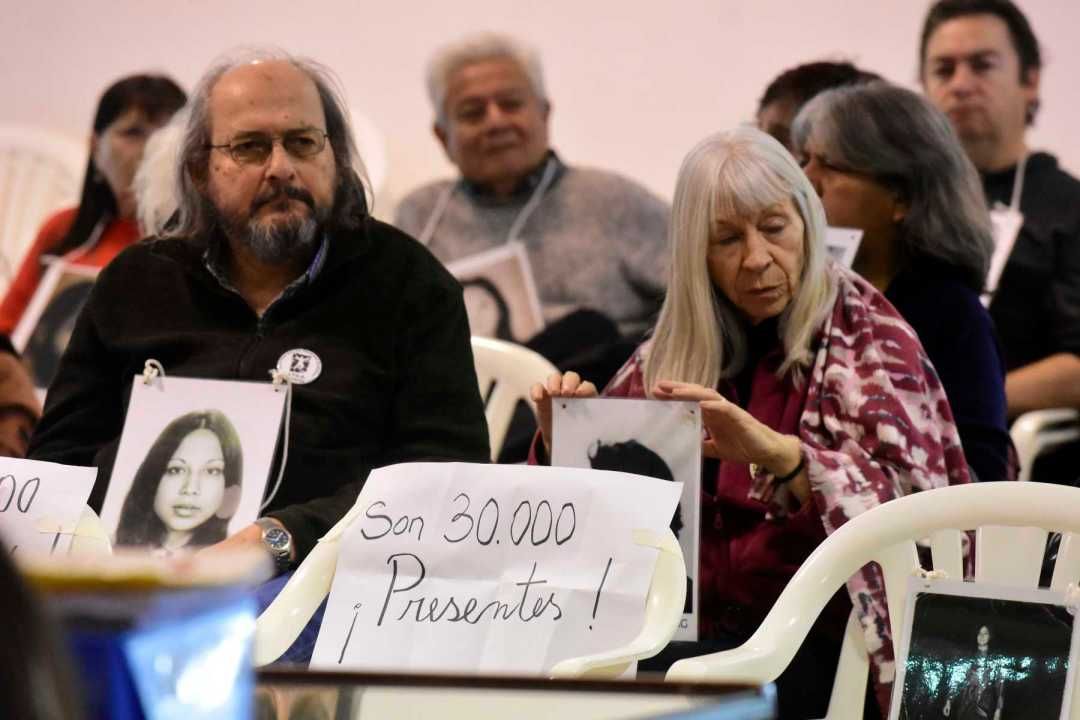
In the case of Ortiz, on the last day, brought a period photograph to counter a description of one of the witnesses, whom he called a “liar.” In the case of Duarte, fThere were intense complaints against the evidence obtained in the investigation by Judge Gustavo Villanueva (whom he unsuccessfully challenged on several occasions) and the expert reports rejected by several documents in which his signature is stamped.
Of the 8 sections of judgment for the crimes against humanity that took place in the regionn, this is the only one that has civilians as defendants.
